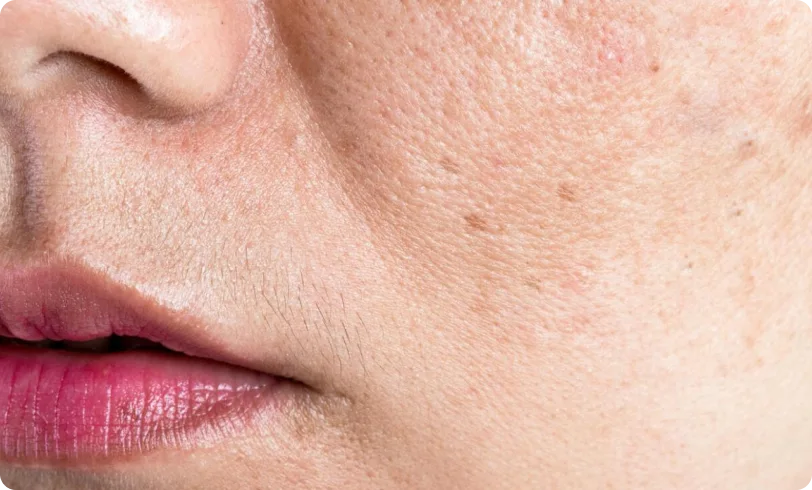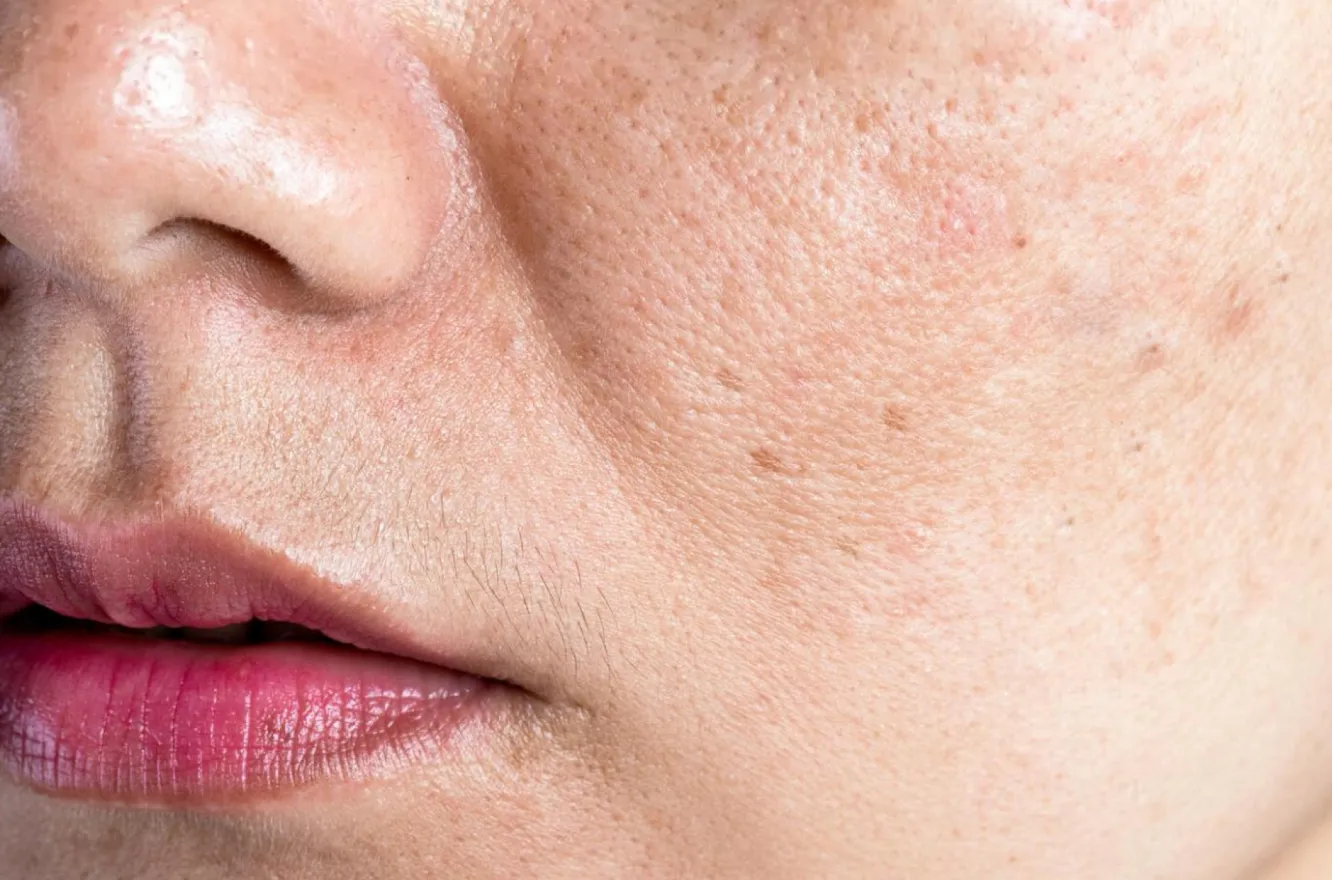

Acne Vulgaris: Types, Images, Causes & Management Tips
Acne is a common skin condition that occurs when hair follicles become clogged with oil and dead skin cells, leading to pimples, blackheads, and cysts. While often viewed as a cosmetic concern, severe or persistent acne can significantly impact self-esteem and may lead to scarring. Medical intervention is crucial to address the root cause, prevent complications, and tailor treatments to achieve clearer, healthier skin.